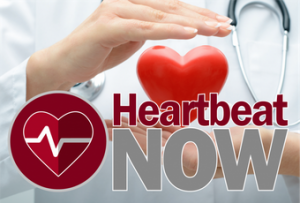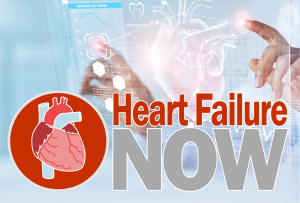Heart Health MINDS MUSCLE MEALS
Heart Health MINDS MUSCLE MEALS
Power of the Mind Postive thinking and heart disease

The NOW HEALTH APP: MINDS MUSCLES MEALS
The most extensive educational, action based APP : MINDS MUSCLE MEALS that connects your employees with local resources to guide their journey through a positive mental, physical and nutritional experience while they deal with heart health.
The NOW APP provides tangible actions and create accountability that can make you the driver in your health journey

The ultimate resource for employees
Dr. Atul Verma, MD, FRCPC, Cardiologist
Power of the Mind How to Manage Both Conditions
Communicate with Your Doctor: Discuss all your physical and mental health symptoms with your healthcare provider to ensure comprehensive care.
- Adopt a Healthy Lifestyle: Engage in regular exercise, eat a balanced diet, and prioritize good sleep, as these benefit both mental and physical health.
- Seek Professional Help: Consider therapy, counseling, or support groups to manage emotional distress. Behavioral therapies have been shown to be effective for depression in heart patients.
- Practice Mindfulness: Incorporate mindfulness or other stress-reduction techniques into your daily routine to help lower stress levels.
- Stay Socially Connected: Build strong social connections with family and friends to combat feelings of isolation.
Heart Health NOW Heart Conditions and Treatments
Dr. Peter Guerra, MD, FRCPC, Cardiologist Atrial Fibrillation and Treatment Options
Power of the Mind How Heart Disease Affects Mental Health
- Psychological Impact of Events: Experiencing a heart attack, stroke, or heart failure can be a traumatic event, leading to fear of death, disability, and financial problems that trigger depression or anxiety.
- Reduced Energy and Function: The physical limitations imposed by heart disease can make it difficult to engage in activities, leading to a loss of self-confidence and further symptoms of sadness or withdrawal.
- Increased Mental Health Disorders: Studies show that a significant percentage of people experience depression or anxiety following a cardiac event, with rates particularly high after heart surgery.
Power of the Mind Postive thinking and heart disease
Direct Biological Pathways: Chronic stress, depression, and anxiety can cause physiological changes, including increased heart rate, blood pressure, and cortisol levels, which can contribute to heart disease over time.
Risky Health Behaviors: Mental health issues can lead to behaviors that are detrimental to heart health, such as poor diet, lack of exercise, and increased smoking, further elevating the risk.
- Physiological Responses to Stress: Mental stress can cause a temporary reduction in blood flow to the heart and increased arterial constriction in individuals with existing atherosclerosis.
